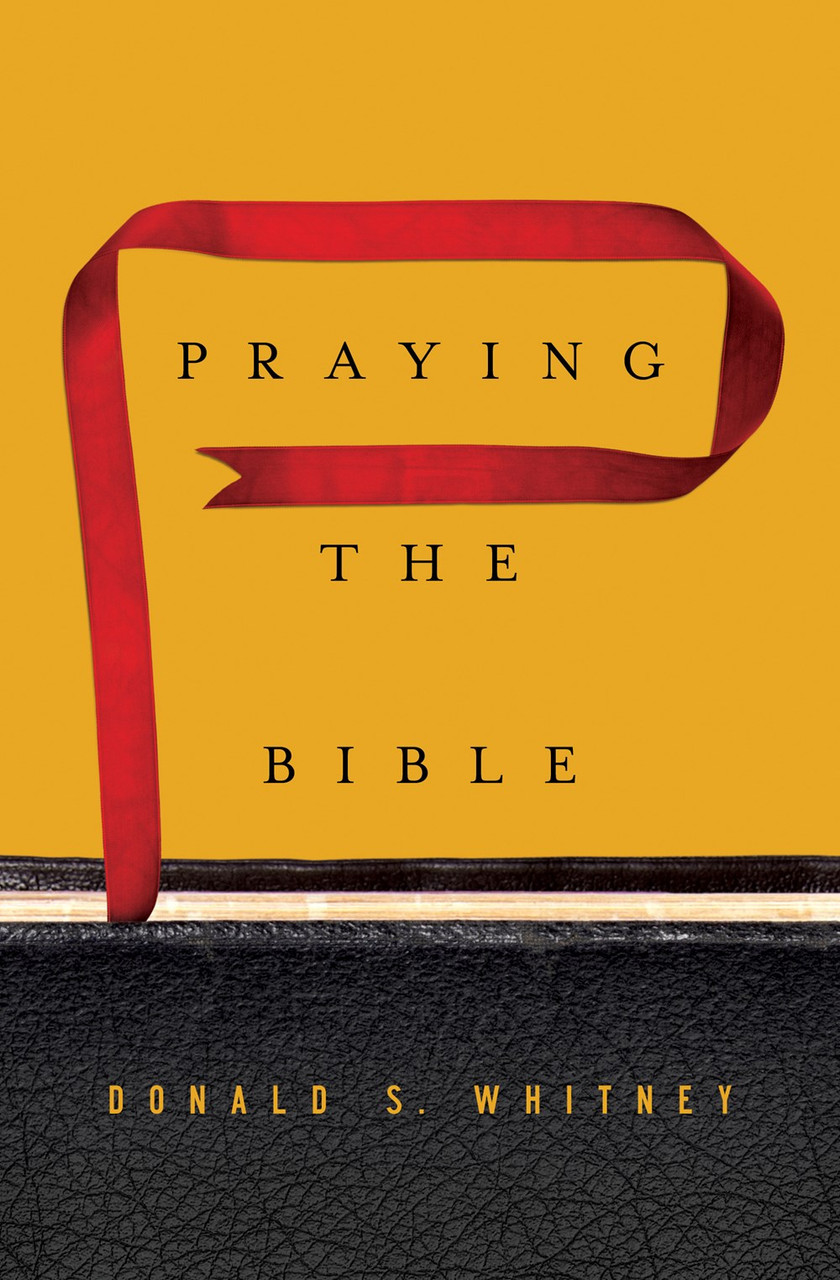
Christianity requires the submission of one’s individual will to the lordship of Christ.
It is impossible to simultaneously assert the sovereignty of one’s subjective spiritual path and the supremacy of Jesus Christ. We are either in Christ on his terms and by his grace, or we aren’t. Christianity doesn’t work on the terms of consumerism. Jesus calls his followers not to comfort and convenience, but to deny themselves (Matt. 16:24) and take up their cross (Luke 14:27). Christian discipleship is not consumer-friendly. Further, Jesus calls us not to individualized, self-styled spirituality but to faith in community, accountable to others. Christianity disembedded from the church is not really Christianity. It feigns to embrace Jesus while shunning his body (see 1 Cor. 12, Eph. 1:22–23; 5:23; Col. 1:18).
Churches that attempt to accommodate the moving-target needs of individual “spiritual quests” are not doing anyone a favor. By shifting the focus away from the fixed point of Jesus to the fickle, frequently diverging “paths” of individual churchgoers, churches lose their bearings and become inherently unstable. When a church becomes less about the demands of Scripture on individuals and more about the demands of individuals on the church to fit their preferences (favored music style, ideal sermon length, brand of coffee, and so on), it loses its power to transform us and subvert our idols. It becomes a commodity to be shopped for, consumed, and then abandoned when another shinier, trendier, more “relevant” option appears.
This consumer framework also lends itself to weird mutations wherein bits and pieces of one church/tradition are combined with those of another, like a hipster might appropriate various disconnected motifs in assembling his personal style: the shoes of a Wall Street investor, the beard of a Canadian lumberjack, the Vineyard Vines button-downs of a Southern frat guy, the Persian tattoos of a Big Sur mystic, and so on.
Is Customizable Christianity Conducive to Spiritual Health?
In the same way, many spiritual seekers today (including many Christians) are “engaged in assembling their own personal outlook, through a kind of ‘bricolage’” (Charles Taylor, A Secular Age, 514), like spiritual flaneurs on some sort of ecclesiological Champs-Élysées. Perhaps they are passionately into Reformed theology but find Catholic art and liturgy beautiful. Or maybe they attend two or three churches simultaneously, opting for one or the other on any given Sunday, depending on their mood.
Can such an approach to eclectic faith, where spirituality is as customizable as a Spotify playlist or a Chipotle burrito, ever be conducive to spiritual health? Perhaps. In tempered forms and with deference to authority beyond the self, a quirky hybrid Christianity can be orthodox. I know some deeply faithful Jesus-followers who define their current Christian identity in ways that defy rigid old boundaries (e.g. “Reformational Catholic” or “Reformed Charismatic”). And some of the healthiest and fastest-growing churches I’ve visited in recent years have been hybrids of various kinds (for example, Vintage Church: a charismatic Anglican church that merged with a Baptist church in Santa Monica, California).
There is a sense in which, in our forgetful and short-attention-span era, the “old” is easily made new again. Think of the way retro ’80s synth music or “vintage” home decor trends have been repackaged as chic for the 21st century. Of course the “old” is never attractive holistically. A Brooklyn hipster may relish (and seek to replicate) great-grandmother’s small-batch cookery and handmade DIY aesthetics, but not her religious piety or demure sense of domestic femininity. The same is true in today’s post-Durkheimian faith landscape. Church shoppers might be simultaneously wowed by the “new” (new to them) aspects of Very Old Christianity (ancient creeds, Puritan hymns, the Book of Common Prayer, and so on) and resistant to the “old school” moral paradigms consistent in Christian history.
Reverence Over Relevance
Churches should be aware of these eclectic tastes and recognize that the “old seeming new again” phenomenon can play to their advantage, insofar as it isn’t a gimmick or marketing ploy. Christianity is both always old and always new, and that hybrid identity naturally resonates in today’s restless spiritual landscape. A 21st-century church that has a beautifully designed website and celebrates the brilliance of Chance the Rapper—while also confessing the ancient creeds and underscoring the historical rootedness of liturgical practices—is likely to hold some appeal among today’s church shoppers, who are always looking for a fresh combination of spiritual wisdom and mix-and-match church styles.
Yes, there are ways for churches to recognize and appeal to the eclectic appetites of the post-Durkheimian dispensation. But the key is to not do any of this in a reactive, “brand pivot” sort of way in response to the particular needs of this or that person, or because data show that liturgy plays well among millennials. Do it because it is reverent, not because it is relevant. Make sure you can communicate a compelling why behind your eclectic church style, beyond that it is “cool” or “beautiful” (or other such vagaries). Are your songs chosen in worship with low regard for lyrical depth and high regard for the “fresh sound” factor? Have you thought through the theological connotations of those vintage, ambience-setting Catholic prayer candles in your sanctuary? Does your congregation have a sense for the historical context and theological contours of the old-sounding creeds recited corporately in your Sunday services? These are some of the questions you might ponder as you examine whether your church’s mix-and-match elements stem more from piecemeal pragmatism (audience-oriented relevance) than coherent worship (God-oriented reverence).
Relevance can coexist with reverence, but the former should always be a byproduct of the latter. The most relevant thing about a church is its deep reverence and contagious awe before the triune God. Pastors today should be mindful of what resonates broadly but not driven by the moving-target whims of the marketplace. They should be aware of the reality of church shoppers, but not always adjusting to fit the latest “consumer trend” or appeal to every church shopper’s demand.
Editor's Note: This post is appeared at Brett's TGC blog and is an excerpt from Our Secular Age Ten Years of Reading and Applying Charles Taylor.
How does God's Word impact our prayers?

God invites His children to talk with Him, yet our prayers often become repetitive and stale. How do we have a real conversation with God? How do we come to know Him so that we may pray for His will as our own?
In the Bible, God speaks to us as His children and gives us words for prayer—to praise Him, confess our sins, and request His help in our lives.
We’re giving away a free eBook copy of Praying the Bible, where Donald S. Whitney offers practical insight to help Christians talk to God with the words of Scripture.

